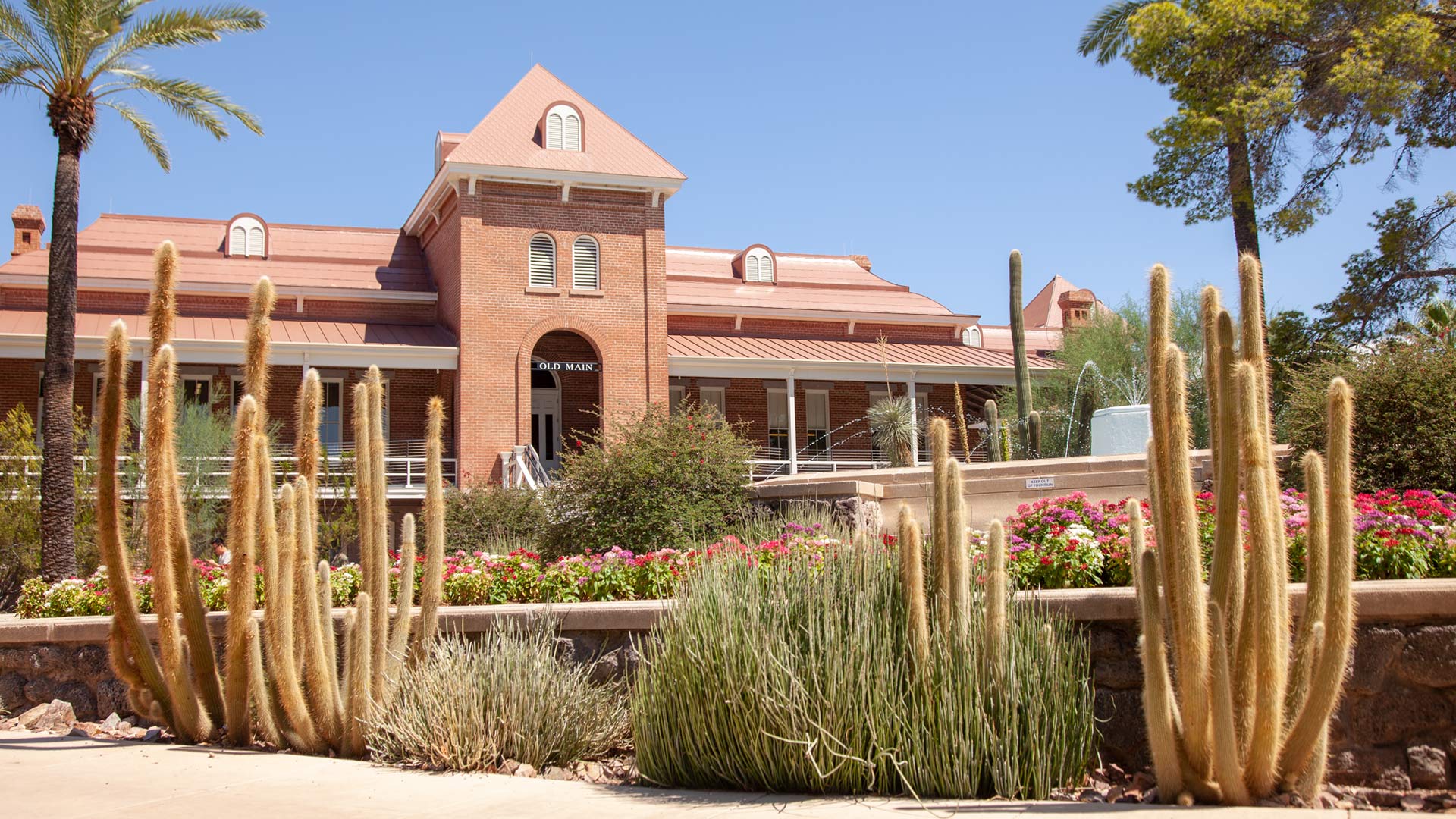 Old Main on the University of Arizona campus.
Old Main on the University of Arizona campus.
A donor with a love for mushrooms has funded a new of University of Arizona medical scholarship to promote the integration of different medical traditions in modern medicine.
Paul Stamets, who is an advocate for the medical benefits of mushrooms, donated $50,000 to the UA Andrew Weil Center for Integrative Medicine. The center pairs a mainstream medical system that seemingly depends on pills and surgeries with alternative forms of healing, like prayer, herbs or acupuncture. Ann Marie Chiasson is a part of the center and the doctor directing the fellowship receiving the gift. She said the fellowship introduces clinicians to evidence-backed practices that help with specific diseases, especially those with chronic pain.
"We're just trying to catch the clinicians up with what people are already finding out on their own — what their grandmother taught them, what their great-grandmother taught them, what they're learning about from their own tradition," Chiasson said when talking about the thoughts of the center's namesake, Andrew Weil.
The university is encouraging students of the fellowship with local or Indigenous medical knowledge or health care workers working in underserved communities to apply.
She said they ask experts outside mainstream medicine to introduce the students to evidence-backed treatments so the students know what kind of experts are in the community or how to safely use other medical traditions with mainstream practices.
"We're training more and more clinicians — doctors, nurses, nurse practitioners — because everyone is saying, 'Hey, when my patient does this mind-body practice — they used this guided imagery — their pain went away. I didn't learn that in medical school,'" Chiasson said.
Chiasson said integrative medicine can be cheaper than mainstream medicine since it addresses multiple aspects of health from the mind, body and spirit. It can also prevent the need for medical care.
The fellowship is a two-year "distance learning program" that has attracted more than 1,800 health care workers from around the world, according to a press release. The students must travel to Tucson three times for in-person training throughout the fellowship.

By submitting your comments, you hereby give AZPM the right to post your comments and potentially use them in any other form of media operated by this institution.